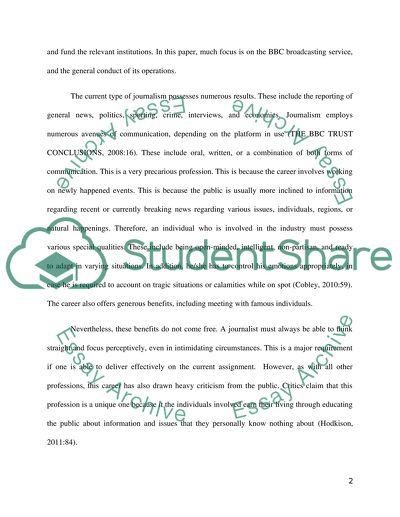Cite this document
(“Public Service Broadcasting and the Unique Way by which the BBC Essay”, n.d.)
Public Service Broadcasting and the Unique Way by which the BBC Essay. Retrieved from https://studentshare.org/journalism-communication/1447746-public-service-broadcasting-and-the-unique-way-by
Public Service Broadcasting and the Unique Way by which the BBC Essay. Retrieved from https://studentshare.org/journalism-communication/1447746-public-service-broadcasting-and-the-unique-way-by
(Public Service Broadcasting and the Unique Way by Which the BBC Essay)
Public Service Broadcasting and the Unique Way by Which the BBC Essay. https://studentshare.org/journalism-communication/1447746-public-service-broadcasting-and-the-unique-way-by.
Public Service Broadcasting and the Unique Way by Which the BBC Essay. https://studentshare.org/journalism-communication/1447746-public-service-broadcasting-and-the-unique-way-by.
“Public Service Broadcasting and the Unique Way by Which the BBC Essay”, n.d. https://studentshare.org/journalism-communication/1447746-public-service-broadcasting-and-the-unique-way-by.


